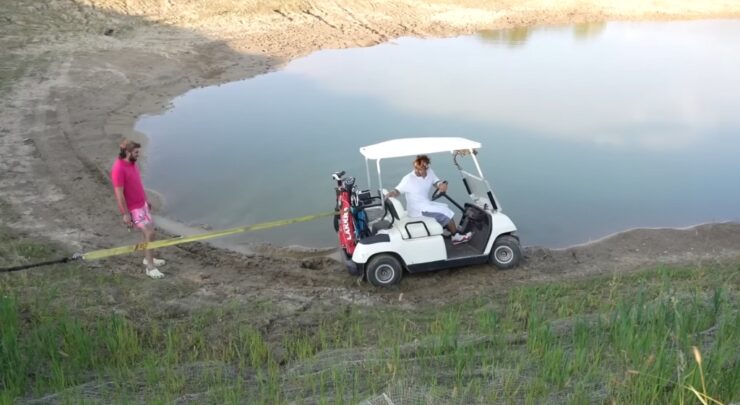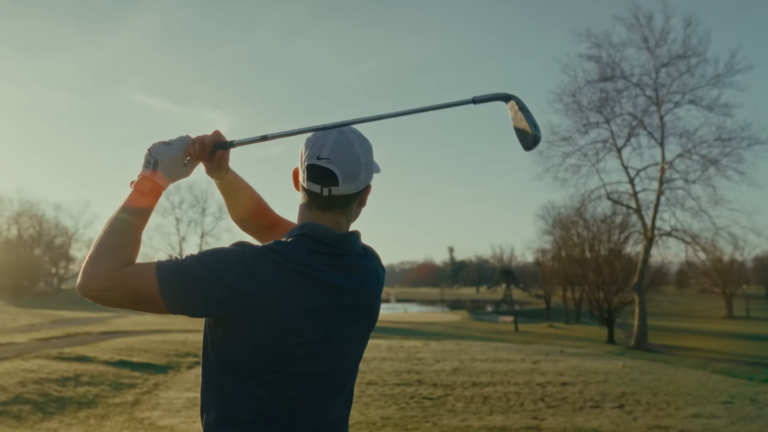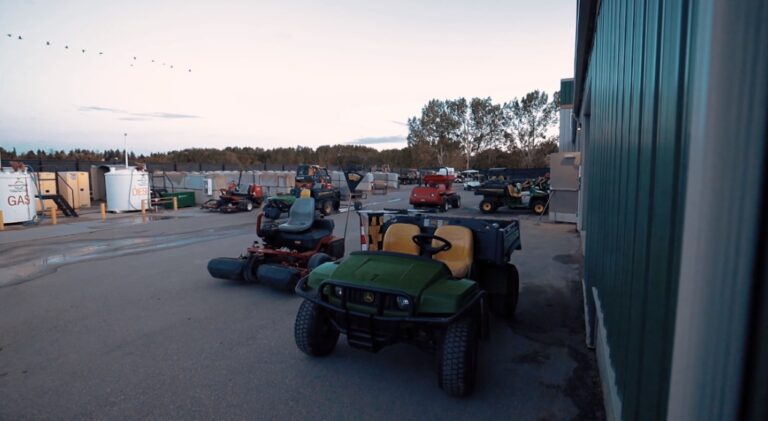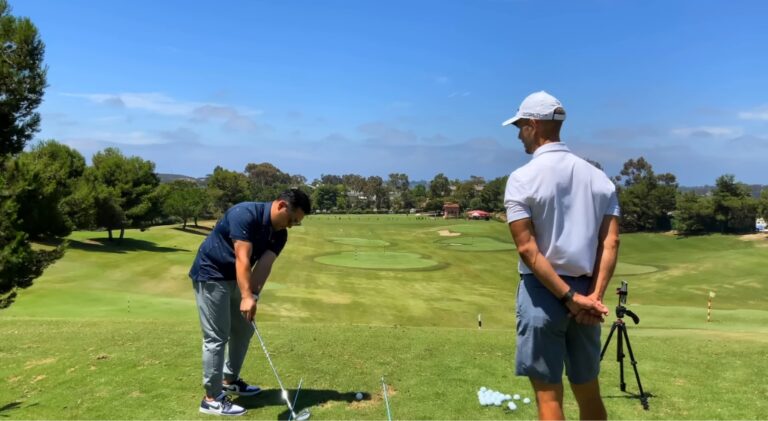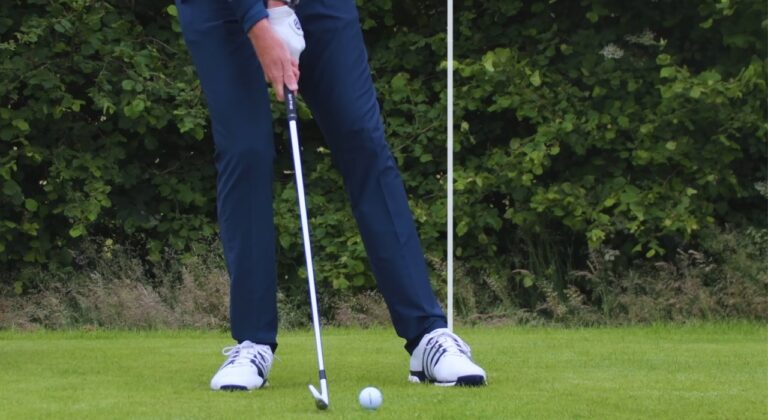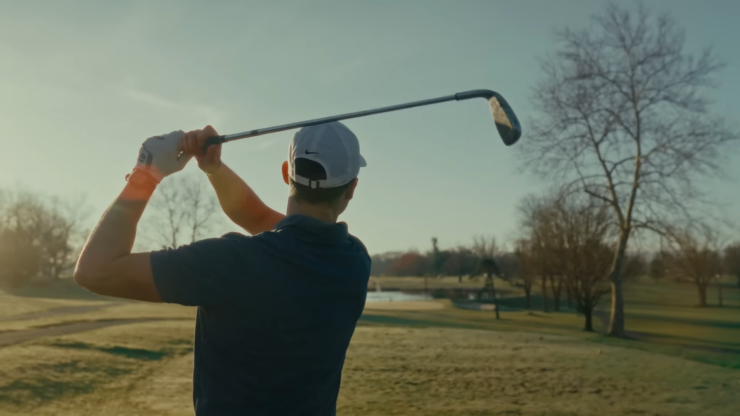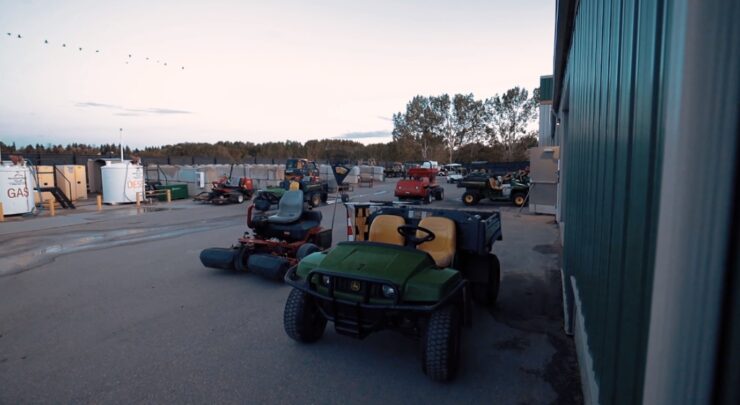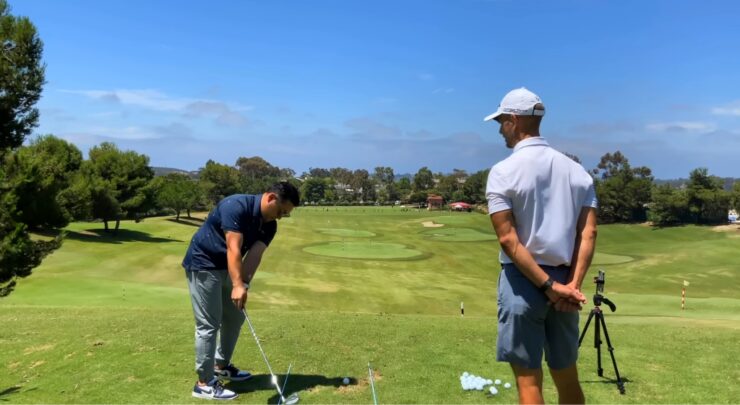If you’re facing a lawsuit from a golf cart accident, it’s natural to feel overwhelmed. These incidents, while rarer than car accidents, can have significant legal consequences. This guide provides seven essential tips to help you confidently navigate the legal complexities of such a situation.
1. Don’t Panic, Stay Informed
Being sued is understandably stressful, but panicking won’t help. The first step is to stay calm and understand the situation. Golf cart accidents are treated differently from car accidents in many jurisdictions.
They often fall under a unique set of laws and regulations. It’s important to know whether the accident occurred on private property, like a golf course, or in a public area. This distinction can significantly impact the legal process.
Seeking Legal Advice
Immediately seek legal counsel. Personal injury lawyers or attorneys specializing in vehicle accidents can offer expertise in golf cart-related cases.
They can help you understand the severity of the lawsuit, what laws apply, and the potential outcomes. Remember, legal advice from a professional is invaluable in these situations. It’s not advisable to navigate this process alone.
For those seeking specific legal advice regarding golf cart accidents, especially in cases involving personal injury, the law firm of Florin Roebig offers expert knowledge and guidance on insurance matters and compensation claims.
2. Document Everything
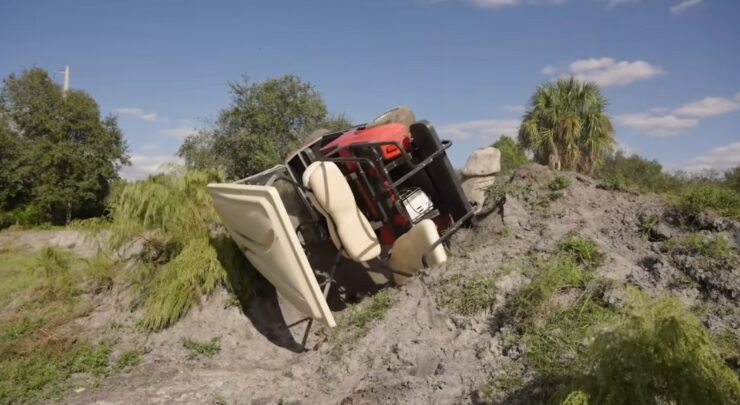
Gather all possible evidence related to the accident. This includes photos of the accident scene, your golf cart, and any injuries sustained by any party. If there were witnesses, get their contact information.
Documenting weather conditions, time of day, and any other relevant details can also be helpful.
Maintaining Records
Keep a record of all communications related to the accident, including emails, phone calls, and messages. Ensure you have copies of any medical reports or police reports if available.
This documentation will be crucial in building your defense and understanding the extent of the claims against you.
3. Know Your Insurance Coverage
Check with your insurance provider to clarify if your policy covers golf cart accidents, as auto or homeowner’s insurance may not always include this.
Some policies require specific endorsements for golf carts, especially if they’re used off a golf course.
Navigating Insurance Claims
Your insurance company can guide you through the process of filing a claim if applicable. They will also play a significant role in the legal proceedings if the policy covers the incident.
Knowing the extent of your coverage will help you gauge your financial exposure in the lawsuit.
4. Don’t Admit Fault
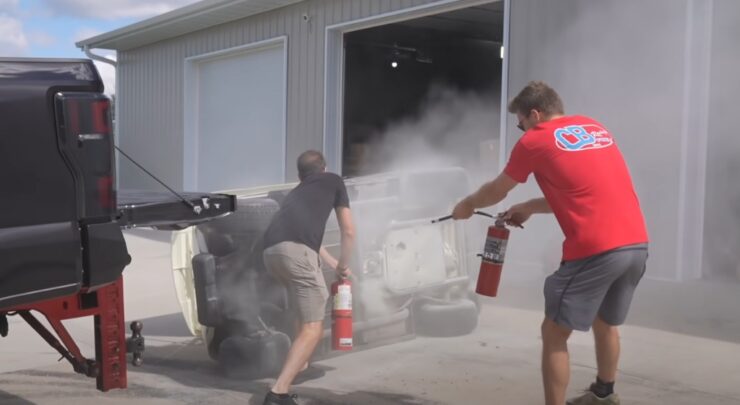
In any legal matter, especially in accidents, it’s crucial not to admit fault. Even a simple apology can be misconstrued as an admission of guilt.
Statements made at the accident scene or to insurance companies can significantly impact your legal standing.
Communicating Wisely
Communicate through your lawyer as much as possible. Let your legal representative handle discussions with the plaintiff’s attorney, insurance companies, and any involved third parties. Your lawyer will know how to convey information without jeopardizing your position.
5. Know the Law
Laws regarding golf carts vary widely depending on the location. Some areas have specific statutes governing the use of golf carts, including speed limits, age restrictions, and designated areas for use. Familiarize yourself with these local laws, as they can significantly impact your case.
Potential Legal Consequences
Know about the possible legal repercussions, including fines, civil liabilities, or criminal charges, based on the accident’s severity and jurisdiction. A lawyer can clarify these outcomes and help you prepare.
6. Consider Settlement Options

Settling out of court often saves time and reduces legal expenses, leading to faster resolutions. Your attorney can handle negotiations and determine if a settlement is advantageous for you.
Understanding Settlement Implications
However, understand the implications of a settlement. It often involves paying a sum of money to the plaintiff and sometimes an admission of liability, though not always an admission of guilt. Ensure you’re clear about the terms before agreeing to any settlement.
7. Prepare for the Long Haul
Be prepared for potentially long and complex legal proceedings, especially if your case goes to trial. It’s important to mentally and financially brace yourself for this extended process.
This includes being ready for multiple court appearances, ongoing discussions with your attorney, and possibly enduring a public trial. The timeline can be unpredictable, so it’s essential to brace yourself for various scenarios.
Staying Engaged and Informed
Remain actively involved in your case. Regularly communicate with your lawyer, stay informed about the progress, and understand each step of the legal process.
Your active participation and understanding can significantly influence the outcome of your case.
FAQs
Can I be sued if someone else was driving my golf cart?
Yes, you can be sued if your golf cart was involved in an accident, even if you weren’t driving. The legal principle of vicarious liability may apply, especially if the driver is a family member or an employee.
Are golf cart accidents considered motor vehicle accidents?
It depends on the jurisdiction. In some regions, golf carts are treated as motor vehicles, subject to similar laws and regulations. In others, they fall under different categories with specific rules.
What if the golf cart accident happened on private property?
Accidents on private property can still lead to lawsuits. The property owner’s insurance may be involved, and different liability rules can apply compared to public roadway incidents.
Can I be criminally charged for a golf cart accident?
In cases involving severe negligence, DUI, or reckless driving, criminal charges are possible. However, most golf cart accidents result in civil lawsuits for damages.
Should I contact my homeowner’s insurance if the accident occurred on a golf course?
Yes, contact your homeowner’s insurance, as some policies cover golf cart accidents, especially on a golf course. They can advise on coverage and the next steps.
What if the golf cart was a rental?
If the golf cart was rented, the rental company’s insurance might be involved. You should review the rental agreement for liability clauses and contact the rental company immediately after the accident.
Final Words
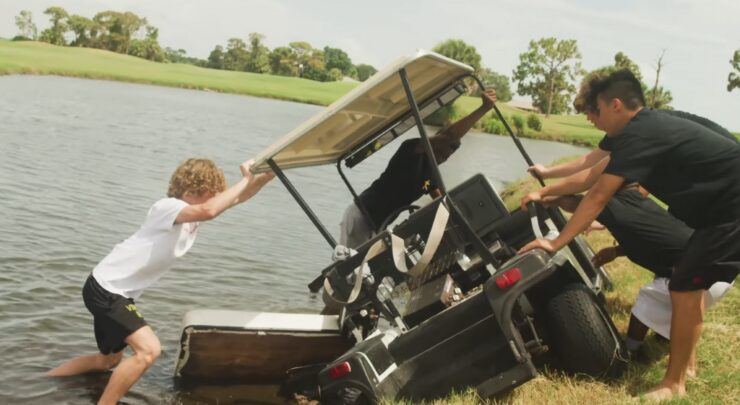
Being sued for a golf cart accident is a challenging situation, but with the right approach, you can navigate it successfully.
Remember to seek legal advice, document everything, understand your insurance coverage, avoid admitting fault, know the local laws, consider settlement options, and prepare for a lengthy process.
Each of these steps plays a crucial role in protecting your interests and achieving a favorable outcome.
Navigating legal challenges requires patience, understanding, and a proactive approach. By following these seven tips, you position yourself to handle the lawsuit with confidence and poise. Keep in mind that the legal issues are complex, but with the right guidance and preparation, you can move through this challenge effectively and responsibly.
Related Posts:
- Golf Tips to Choose the Right Golf Club as You Play…
- How Can You Get into Golf? - Smiple Plan For Beginners
- How Do You Know Which Golf Ball Is Best For You: Ace…
- How Much is Topgolf? 2024 - What You Need to Know…
- How Long It Takes to Charge a 48-Volt Golf Cart -…
- How to Wire Lights on a 48 Volt Golf Cart? -…

